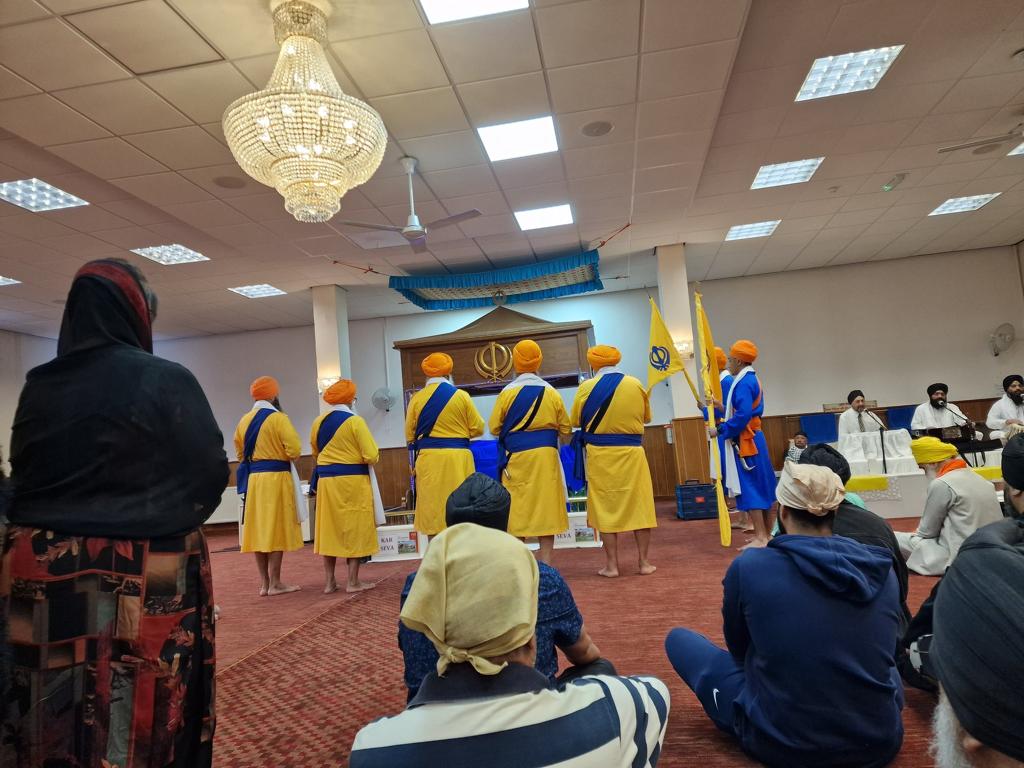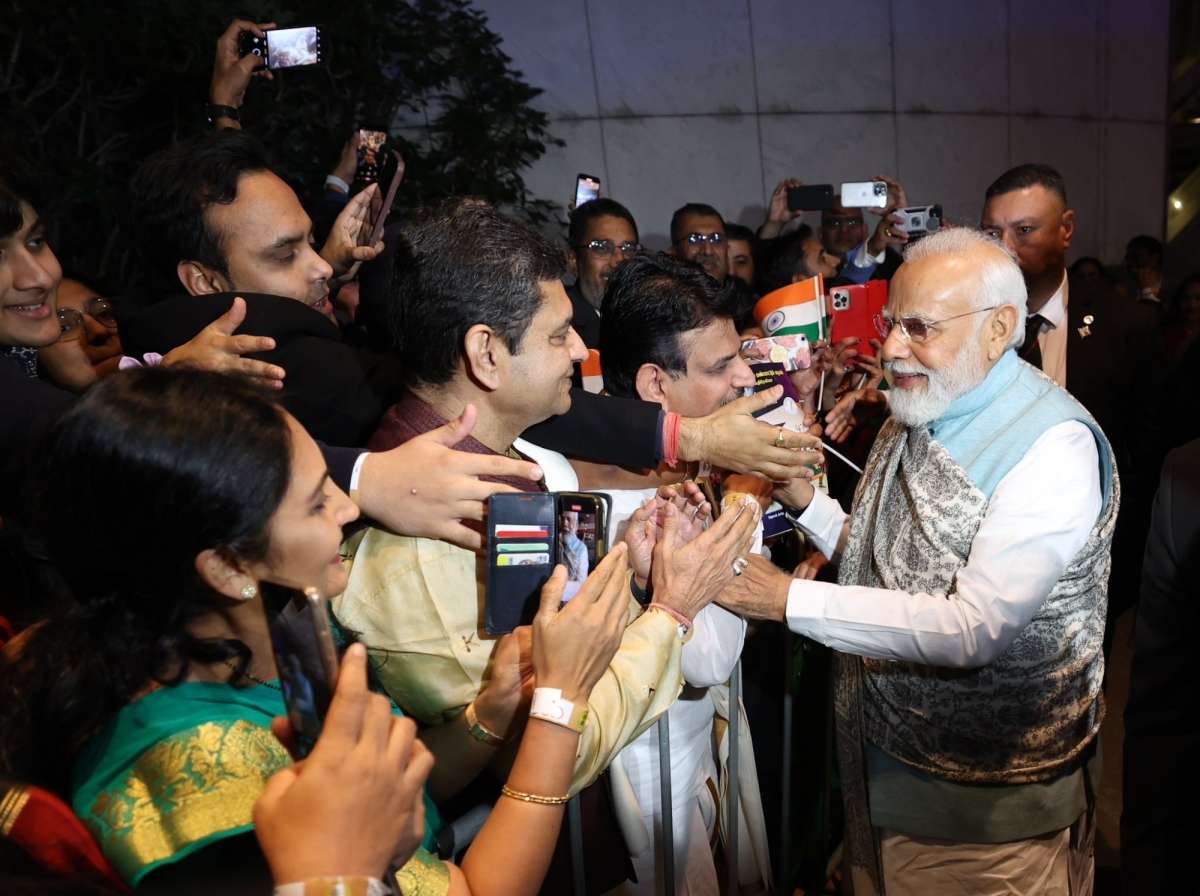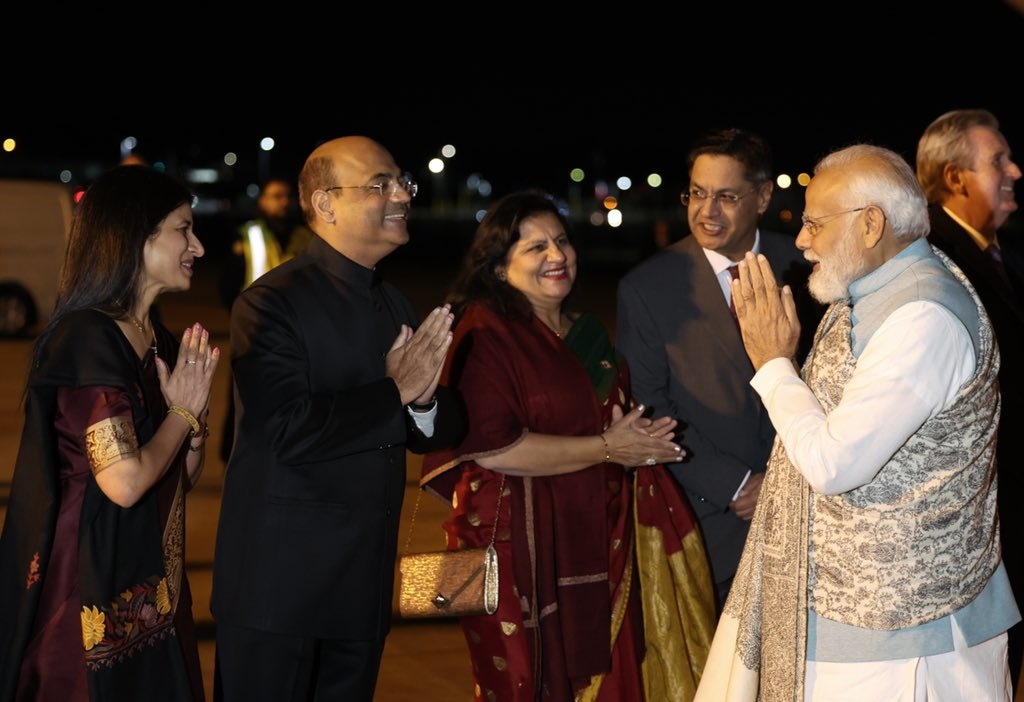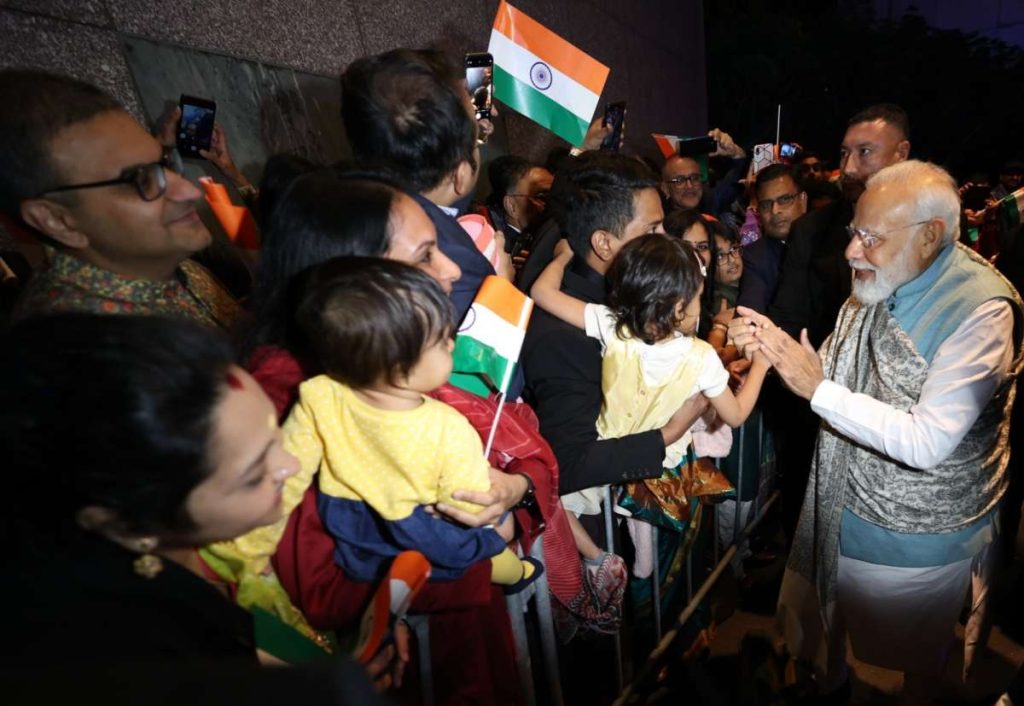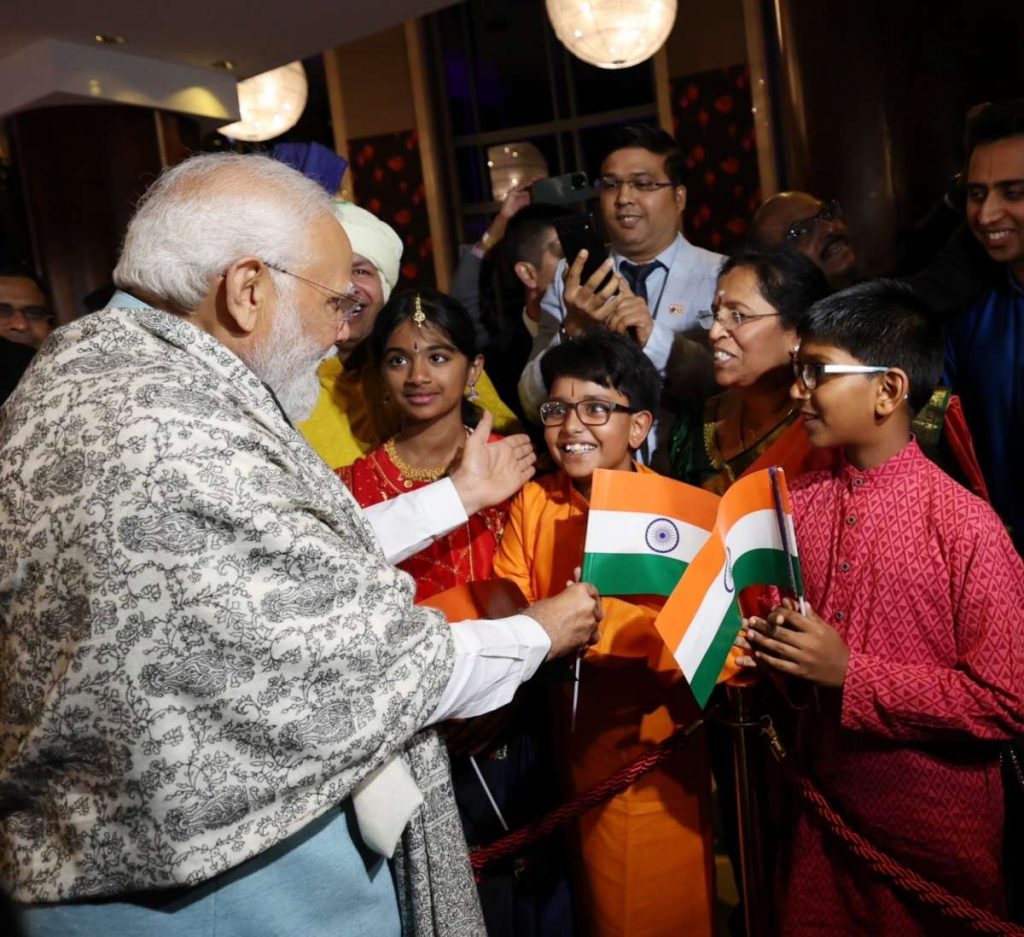Sikh musicians and artists like Amandeep Singh, Manpreet Singh, and Amrita Shergill have done remarkable work in their fields…reports Saloni Poddar/Santa
The Sikh diaspora refers to the modern migration of Sikhs from the traditional region of Punjab state of India.In the confluence of global cultures, the Sikh community stands out as a vibrant and prominent thread weaving a legacy of unparalleled achievements.
The Sikh diaspora has spread its wings across the globe, leaving an indelible mark on various domains and enriching the communities they inhabit. From pioneering entrepreneurial ventures to fostering social harmony, Sikhs have exemplified the values of their faith, driving change and fostering inclusivity.In the realm of entrepreneurship, Sikhs have emerged as a force to be reckoned with.
From humble beginnings to commanding positions in global industries, they have displayed exemplary grit and ingenuity. One such trailblazer is Jasminder Singh, CEO of Raddison Blue, an Edwardian Brand, and The May Fair Hotel. Ranjit Singh Boparan is the founder and owner of 2 Sisters Food Group, he is also known as the ‘Chicken King’ in the West Midlands.
Education has been a cornerstone of Sikh Values, and the diaspora has diligently championed this cause globally. Sikhs have actively established educational institutions and scholarship programs to uplift communities. The Sikh Foundation was founded in 1967 by Dr. Narinder. S. Kapany, It promotes the heritage and future of Sikhism by passing on the essence of Sikh heritage to the ever-growing Sikh diaspora, especially the youth, by spreading progressive ethics, lyrical mysticism, and heroism of Sikhs and generating resources for the academic and autistic study of Sikhism. Furthermore, scholars like Har Gobind Khorana, Nobel laureate in Physiology of Medicine, have made groundbreaking contributions to the field of biotechnology.
The vibrant world of art, music, and literature has been enriched by the Sikh diaspora since time immemorial. Writers and poets like Navtej Bharti, Rupi Kaur, and Khushwant Singh have illuminated the literary landscape with their profound Storytelling. Sikh musicians and artists like Amandeep Singh, Manpreet Singh, and Amrita Shergill have done remarkable work in their fields.
Talking about colonial diaspora, we cannot ignore the Kenyans of Punjabi origin, brought by the British to build the Mombasa – Nairobi African line way back in 1896. Newer generations of these Sikhs are now thriving and residing in Kenya as leaders in spheres of business, trade, medicine, freedom struggle, academics, and even sports. They enjoy a special place in the hearts of the natives because when they arrived about 125 years ago, their forefathers like Shaheed Udham Singh and Namdhari sect chief, Satguru Jagjit Singh, joined the locals in their struggle for freedom. What is commendable here is that when they were sent here, the Sikhs carried Guru Granth Sahib with them and set it up in a makeshift structure called Makindu Sahib which is now a shrine to be reckoned with, having a Darbar Hall, an ultra-modern kitchen, langar hall, a whooping 92 rooms for visitors, a museum and a library! There is also Gurudwara Railways Landhis, in Nairobi built in 1902 having all modern amenities.
Then there are Canadian Sikhs! There are people like Bob Dhillon who donated $10 million to the University of Lethbridge for futuristic learning through new technologies like blockchain, cryptocurrencies, AI, and robotics. In 2011, he donated the use of 100 apartments for people displaced by fire in Alberta.
Barjinder Singh born and brought up in Canada, is the founder of Guru Nanak Mission and Medical and Educational Trust which operates a hospital as well as a nursing school. He is also the chairperson of IC-IMPACTS which is currently working on the clean Ganga Mission and a founding donor of the Canada-India Centre for Excellence in Ottawa. These are just a couple of examples, Punjabi – Canadians have been working on building bridges in both India and Canada, in individual as well as in official capacities.
Besides famous and influential personalities, a beturbaned man, in any part of the world, is comforting and heartening and there are ample instances to prove this fact! Gurtaj landed at the crowded Rio de Janeiro airport in 2019, excited to spend a few days in the capital. He was shocked when suddenly a man requested him, mobile phone in his outstretched hand, to talk to a Sikh friend living in Brazil who hadn’t talked to a fellow Sikh in years. Then there is a saga of Sikhs in Argentina who migrated to the provinces of Salta, Tucuman, San Luis, and Santa Fe around 1908 and did not go back. Their children and grandchildren are totally integrated into the local community. In a small town called Rosario de la Frontera, they have built a Gurudwara cum community center to stay connected to their roots.
There is no end to these heartwarming stories as the Sikh diaspora creates a trail of ‘sewa’ and companionship wherever they settle. Once a Sikh in Iraq loaned a man some money to get medical aid for his ailing wife at a hospital, all without even asking his name or address. In another story, a student in the USA was stunned when a fellow Sikh stopped him in the middle of the road to invite him over to his place for dinner. It isn’t uncommon for a Gujarati woman traveler, with a toddler in tow, to stop a Sikh man in a turban to ask for help or directions!
The distinctive turban and beard set a Sikh apart in foreign lands and people vouch for the fact that a Sikh would always be helpful, no matter what, especially in unfamiliar terrain because they relate to the struggle themselves. The Sikh diaspora is an embodiment of unwavering commitment to societal progress. They have established themselves as ambassadors of change, fostering compassion worldwide. From education to entrepreneurship to public service and philanthropy, the Sikhs’ accomplishments reflect the core tenets of their faith and serve as a testament to the power of unity and equality. The world stands for richer for the rich tapestry of Sikh contributions that continue to shape the global community.

